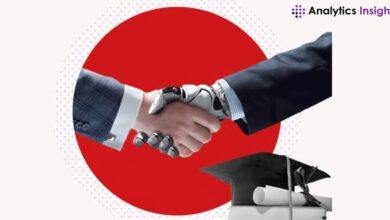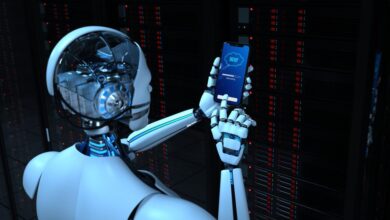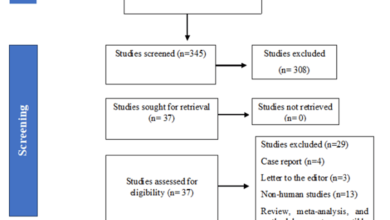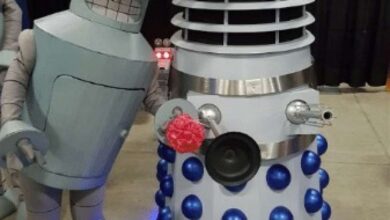I have seen how artificial intelligence can help us and damage us if we let it

Artificial intelligence sheds light on human creativity. I recently used some AI websites to generate song lyrics and poetry. These programs are amazing at spewing forth rhymes. They respond to topical prompts and quickly compose verses in a variety of styles.
I requested a song about freedom in the style of Bob Marley, a Borderlands lyric after Willie Nelson, and a John Denver tune about mothers. I asked for poems about mourning, God, and redwood trees. I prompted AI to write a sonnet about education, a limerick about food, and a haiku about bears—among other things.
Opinion
These programs were amazingly fast at generating rhythm and rhyme. Some of the words were quite moving. For a moment it was fun. But it was uncanny to read poems about death and divinity from a computer that experiences neither. A song without a singer is a strange and sterile thing.
In comparison with AI, human artists are slow and feeble. AI can quickly and efficiently churn out adequate products. At one point in my experiment, I typed limerick prompts into the AI as fast as I could. AI kept generating decent rhymes. No human could do that.
As we experiment with AI, we may second-guess our creativity. AI can make humans feel inferior. If a computer can write a sonnet in a few seconds, what value is there in the human creative process?
Humans are less efficient processors of information. However artificial intelligence lacks the soulful agency of human intelligence. The point of human creativity is not to generate quick outcomes. We linger and dwell, dream and pine. Rather than quickly stringing words together, we give voice to our souls. For human intelligence what matters is the agonizing care and spiritual self-expression that occurs in art and thought.
Human beings create art for several reasons. Some artists make commodities for sale. For this purpose, AI will be useful. AI can quickly generate rhymes for greeting cards, ad copy for a website, or song lyrics for singers with writer’s block. AI can even be used to “write” columns about art and philosophy. Indeed, I prompted AI to write such an essay. In less than 10 seconds it produced a decent essay.
But if AI could write this column, then why do I bother? Well, I learn and grow as I write and rewrite. And I hope that you, the reader, will also learn and grow as you read and think. For some readers, it may not matter that I am a human being. But many readers identify with the human authors who put their hearts and souls into poetry, art, and philosophy.
The product as a commodity is merely an object. But human creative endeavor is subjective. Artistic creation is a soulful manifestation of human personality. Artists hope their works will inspire and uplift other human beings. Some even make art as a way of worshipping the divine. And most experience deep personal satisfaction in putting their minds, hands, and voices to work.
The subjective and spiritual element in artistic creation is what makes art inspiring, and fun. Without this, the artwork is a mere commodity. Artificial products can be useful. But for creative human beings, the product is not the point. Rather, it is the soulful process that is of value.
If you’ve ever written a poem, a story, or a song—or sketched, sculpted, or painted—you’ll understand what I mean. We do this mostly for our amusement, edification, and growth. Sometimes we share our creations with a few friends. But what matters most is the creative act itself.
Humanity expresses itself in art and thought. Artists project their souls into the world. The human heart beats on the blank page that becomes a poem. And when we join together in song or gasp at the beauty of a well-turned phrase, we celebrate our common humanity.
AI can generate rhyming verse quickly and efficiently. But it cannot enjoy the process. It cannot experience the solace, inspiration, sadness, and joy of the words it spits out. It can produce but it is not creative. It can generate songs but it does not have a soul which longs to sing.
Andrew Fiala is a professor of philosophy and director of The Ethics Center at Fresno State. Contact him at fiala.andrew@gmail.co



